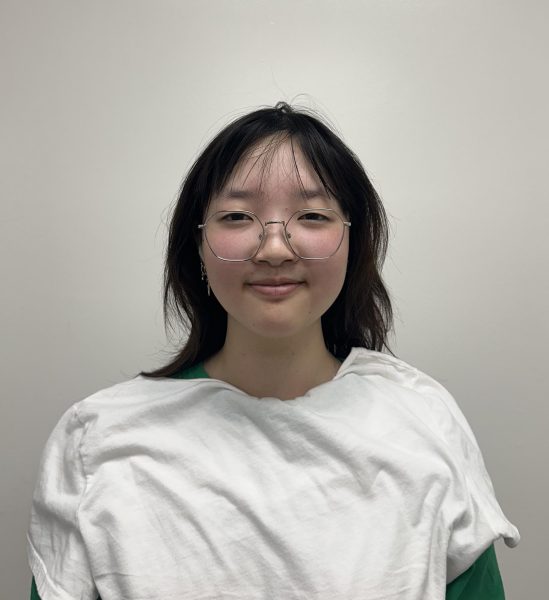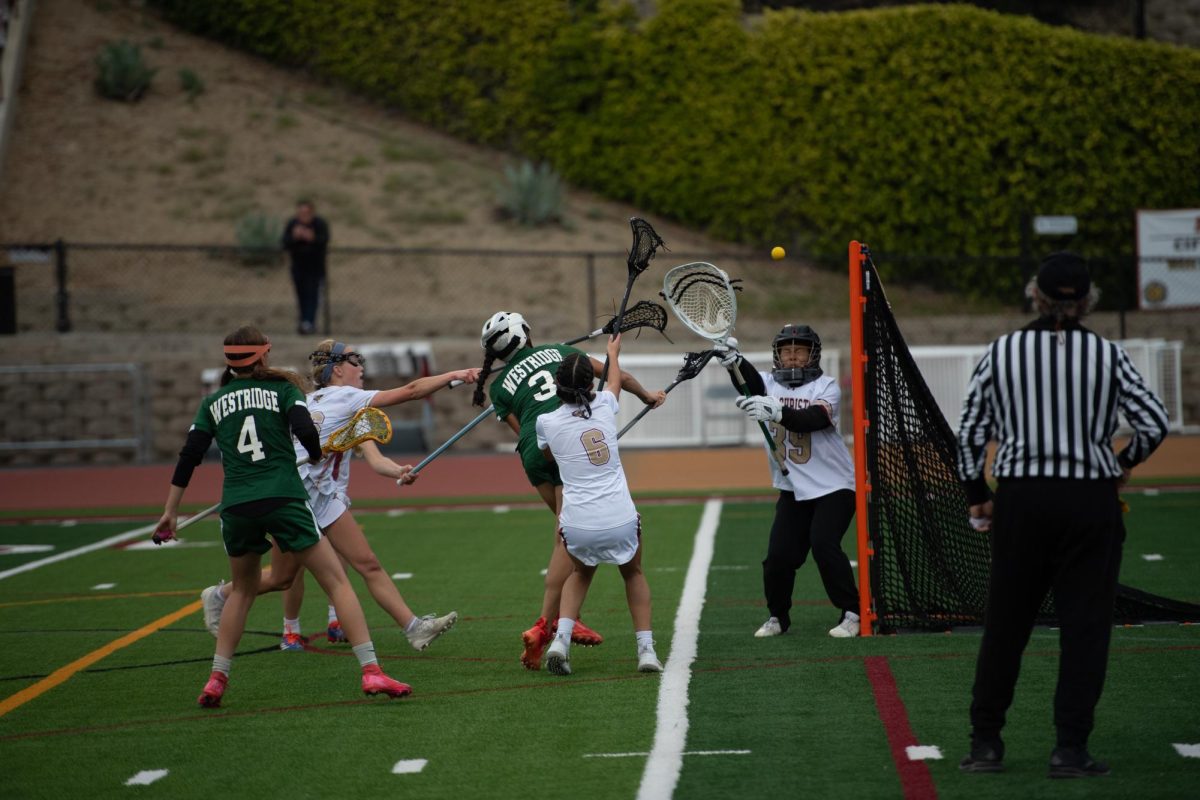The Sophomore Wall: Students Reflect on Overcoming the Struggles of Sophomore Year
Climbing over the infamous Sophomore Wall is no small feat. The Sophomore Wall, as referred to by teachers and administrators, is the jump students experience in the transition from 9th to 10th grade. Students who had previously excelled in classes their freshman year often hit a metaphorical “wall” during their sophomore year, especially in the first few months of the school year. Many students who face the Sophomore Wall find their grades falling or their mental health worsening, on top of the initial shock the gap between grades presented.

Yet, as the year concludes, several students do not regret their choices for their rigorous sophomore year classes. Kayla A. ’25, who previously acknowledged that the difficulty of sophomore year is a result of advanced courses, felt that Honors Chemistry was the class that challenged her the most. However, even if she had known of the workload and stress prior to taking the course, she would have taken the class nonetheless. “I would have taken [chemistry] because I feel like even though it was difficult, I felt like it gave me new skills. I had to be comfortable with not understanding things at first,” she said.
Willow N. ’25 stated that she would have also still taken Honors Chemistry had she known of its difficulty because the class helped her grow as a learner. “I like learning about chemistry, but I feel like there’s a lot of work and it’s hard to learn. But I feel like when I learn, it’s very gratifying,” she said.
Many other students agree with this sentiment, believing that the difficulty of classes and workload during sophomore year is a hurdle that is necessary to their learning. “I think [the Sophomore Wall] is needed. It’s unavoidable, basically. It only gets harder, so you have to overcome it. You can’t be treated like a freshman your whole high school career,” Isla R. ’25 said.

Stephanie C. ’25 also believes that the Sophomore Wall is necessary to the learning process. “I think that it would be bad to bridge this gap by making freshman year harder, which I don’t think anyone wants. It’s nicer to have a harder gap and be more relaxed in freshman year as long as freshmen are prepared and know that the gap is going to be bad,” she said.

Teachers, however, weigh the challenges the Sophomore Wall poses with the benefits it offers to student growth and learning. Katie Wei, an Upper School English Teacher who has taught both 9th and 10th grade, expressed the necessity of a happy medium in the rigor of Westridge’s academic curriculum. “We want kids to be pushed, we want them to be challenged,” she said. “If everything is simple and easy, then we probably aren’t doing enough. But you also don’t want to make it so hard that it feels impossible to achieve any form of success. In some ways, there may be a need for that jump to happen.”
However, some students feel that Sophomore year should not elicit such high levels of stress, as they believe it is not necessary to the learning process.
Instead, several sophomore students would like to see the gap between freshman and sophomore year bridged by making freshman year more challenging. “I think freshman year could have been more challenging, so then we would [have been] more prepared for sophomore year,” said Hilary F. ’25.

Ella S. ’25 agreed: “I think it would have been better if freshman year was about the same as sophomore year instead of that big jump.”
Although the Sophomore Wall cannot be entirely eliminated, teachers are finding ways to make the jump from freshman to sophomore year more manageable. The Homework Question, a short written homework assignment, is an assignment embedded in the 10th grade history curriculum but not in the 9th grade history curriculum. Many sophomores felt immense stress upon being assigned their first Homework Question. “When I was assigned the first Homework Question, it was really scary to me because we’d never really done anything like it,” said Holly N. ’25. “I think that introducing a homework question to freshmen would be really helpful, because I think it would have clarified what it was. It wouldn’t have been as daunting as the first time I got [the assignment].”
Upper School History Teacher Jennifer Cutler, who teaches both 9th and 10th grade history, recognized the stress sophomores felt upon receiving their first Homework Question in Crisis and Courage in Global History, the sophomore history course. Ms. Cutler made an effort to prevent her current freshman students from facing similar stress during their sophomore year. “I remember when the first homework question came out. Students were in a panic over this Homework Question that is just a primary source analysis. And so actually, what I’m doing now with my ninth graders, we’re doing Homework Questions,” said Ms. Cutler. “My hope is that [the Homework Questions] will set them up for not panicking as much about that assignment,” she continued.
Ms. Wei recommended that students take classes they are genuinely interested in, as it is crucial that students are motivated to complete the work they are assigned. “One way to avoid [the Sophomore Wall] is to make sure that your commitments in academics are things that you genuinely care about,” she said. “I think one of the biggest challenges I see is that students are taking higher level classes, whether they’re AP, advanced, or honors in disciplines where maybe it can be easy for them, but they don’t love the material. And so as it gets harder, it’s really hard to muster the energy to do more,” she continued.
Kayla A. also encouraged rising sophomores to feel comfortable approaching teachers for help and support. “Don’t be afraid to ask for help. I think that was something I struggled with because I am very independent and have always been very independent and headstrong. So I was a little afraid to be like, ‘I don’t understand this.’ But the most important thing is to remember that your teachers want you to succeed, so use them,” she said.

Sarah is a junior and in her third year as a Spyglass staff writer. When not writing for Spyglass, she enjoys playing soccer and lacrosse, listening to...

Abby is a junior Spyglass Design artist. They joined the team two years ago and wishes to continue her efforts in adding art and illustrations to the Spyglass...

















![Dr. Zanita Kelly, Director of Lower and Middle School, pictured above, and the rest of Westridge Administration were instrumental to providing Westridge faculty and staff the support they needed after the Eaton fire. "[Teachers] are part of the community," said Dr. Kelly. "Just like our families and students."](https://westridgespyglass.org/wp-content/uploads/2025/03/dr.-kellyyy-1-e1748143600809.png)
















































